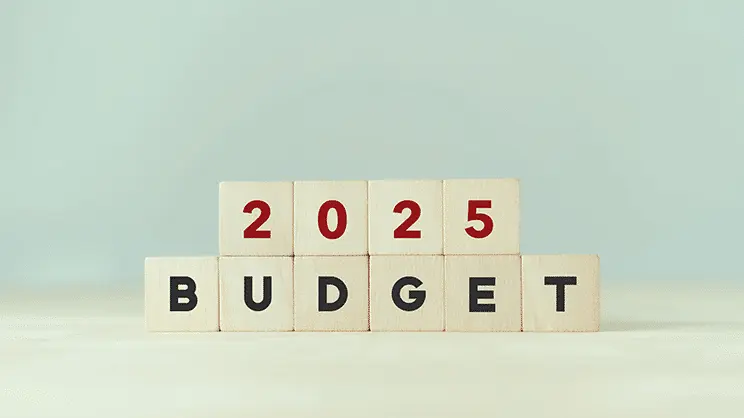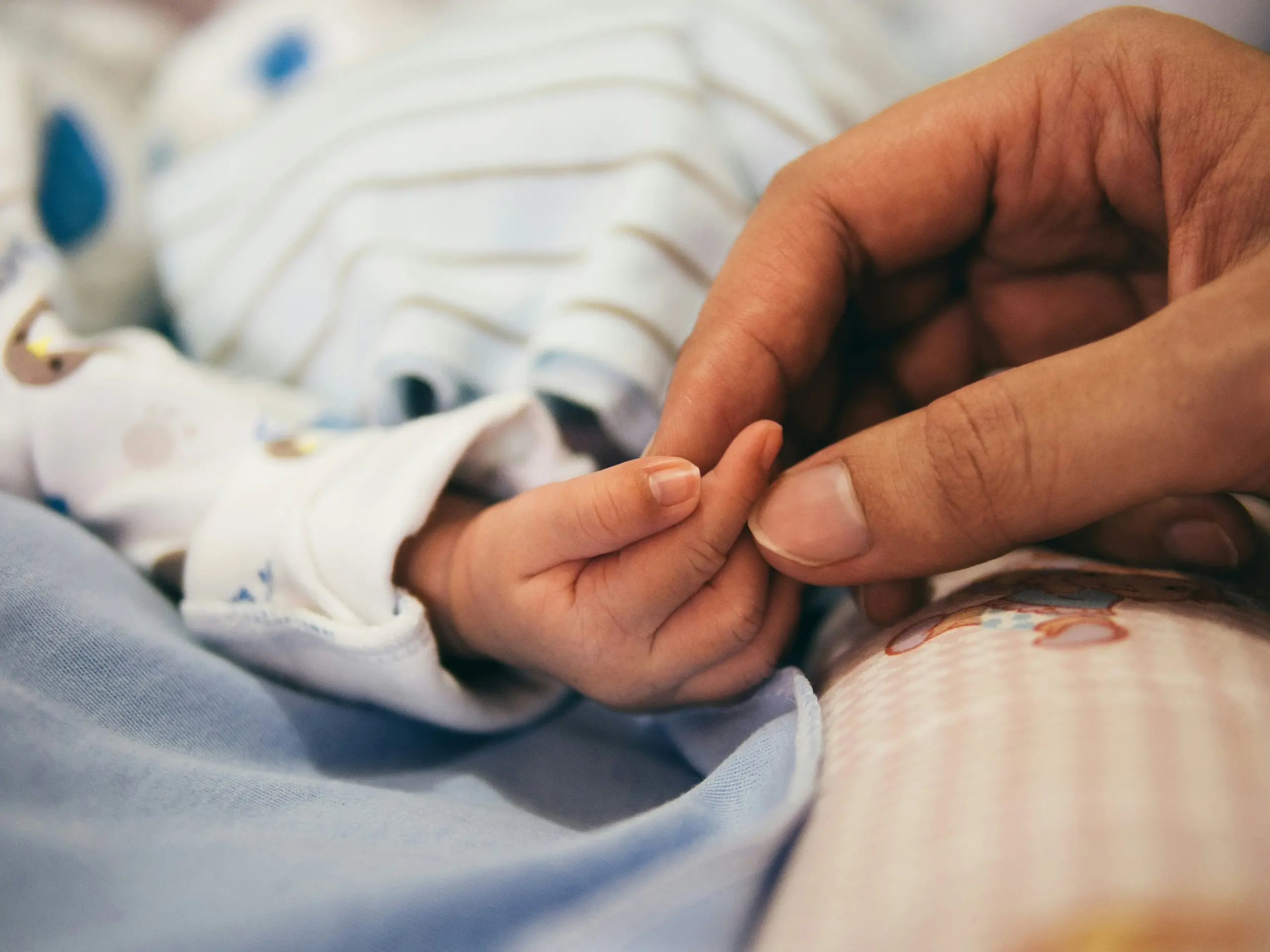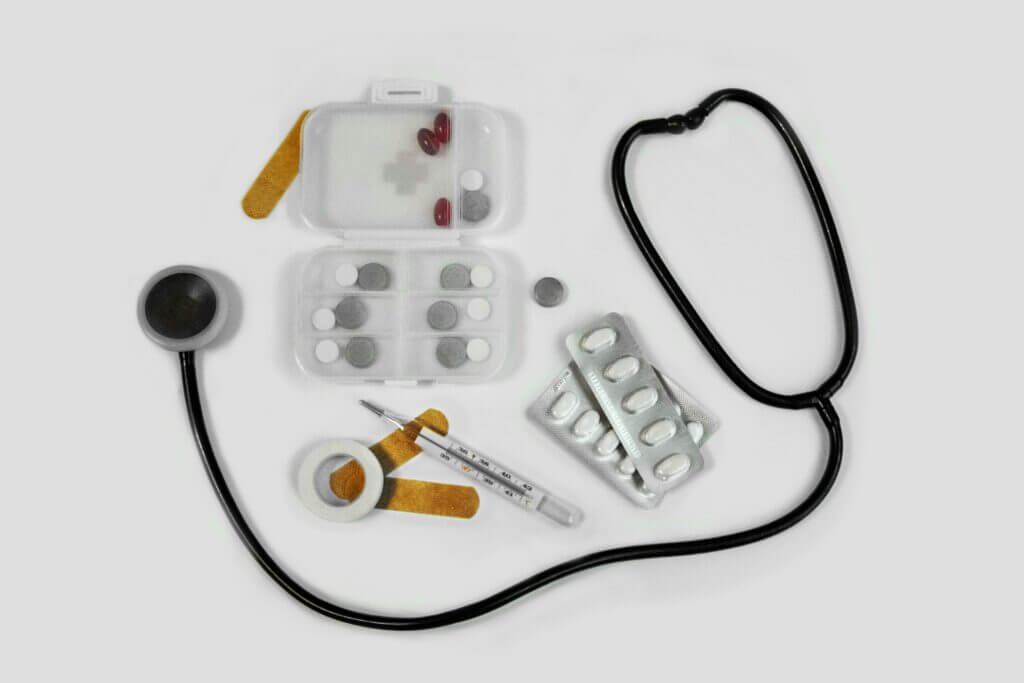
Budget 2025
Budget 2025: Social Protection and Cost of Living Measures
Budget 2025 represents the largest social welfare package in the history of the State, offering €2.6 billion in supports to households across Ireland. This blog will explore the key measures announced under Budget 2025, focusing on cost of living relief, supports for families, pensioners, carers, and people with disabilities, along with other critical provisions for jobseekers and lone parents.
Introduction to Budget 2025
The government has introduced a comprehensive package of social welfare supports as part of Budget 2025 to tackle the rising cost of living and provide relief to vulnerable households. This unprecedented €2.6 billion social welfare package includes once-off payments, increases to regular payments, and new initiatives aimed at reducing child poverty, supporting carers, and assisting pensioners and people with disabilities.
Budget 2025 also introduces new schemes, such as auto-enrolment for retirement savings, and an expanded range of cost of living measures to help alleviate financial pressures for many households across Ireland.
Cost of Living Measures in Budget 2025
Lump Sum Payments for Households
One of the major highlights of Budget 2025 is the series of lump sum payments aimed at helping households manage rising costs:
- Fuel Allowance Recipients: A €300 cost of living lump sum will be paid in November 2024 to help households cope with increasing energy bills during the winter months.
- Working Family Payment Families: Families receiving the Working Family Payment will benefit from a €400 lump sum payment in November 2024, offering much-needed financial relief.
- Living Alone Increase: Pensioners and people with disabilities who receive the Living Alone Increase will be provided with a €200 lump sum in November 2024 to assist with household expenses.
- Carers and Disability Payments: A €400 lump sum payment will be made to those receiving the Carer’s Support Grant, Disability Allowance, Invalidity Pension, or Blind Pension.
Double Child Benefit Payments
To further support families, double Child Benefit payments will be made in both November and December 2024. This means that families will receive €280 per child in both months, providing significant financial assistance during the holiday season.
Additionally, families receiving the Child Support Payment (formerly known as Increase for a Qualified Child) will receive an extra €100 cost of living lump sum for each qualified child in November 2024.
Addressing Child Poverty
Budget 2025 includes several key measures aimed at addressing child poverty, with increased payments and expanded support for families:
Increases to Child Support Payments
Starting in January 2025, the weekly Child Support Payment (formerly known as the Increase for a Qualified Child) will be increased:
- €8 increase for children aged 12 and over, bringing the payment to €62 per week.
- €4 increase for children under 12, bringing the payment to €50 per week.
These increases translate to an annual payment of up to €3,224 for children aged 12 and over, and up to €2,600 for children under 12.
Newborn Baby Grant
Families welcoming new babies will also benefit from a Newborn Baby Grant of €280, available for children born on or after December 1, 2024. This payment will be made in addition to the first month’s Child Benefit (€140), providing new parents with additional financial support.
Expansion of School Meals Program
The government has committed to expanding the Hot School Meals program to all remaining primary schools starting in April 2025. This initiative ensures that children from disadvantaged families receive nutritious meals during the school day. Furthermore, a School Meals Holiday Hunger Project will be piloted during the summer of 2025, aimed at providing food security for children during school holidays.
Supports for Families and Children
In addition to measures addressing child poverty, Budget 2025 introduces several supports aimed at helping families cope with financial challenges:
Working Family Payment Threshold Increase
From January 2025, the income threshold for the Working Family Payment will be increased by €60 per week, regardless of family size. This change will allow more families to qualify for the payment, providing them with additional financial relief.
Lump Sum Payments for Families
To further support families during difficult times, Budget 2025 includes:
- A €400 lump sum payment for families receiving the Working Family Payment in November 2024.
- An additional €100 lump sum for each qualified child under the Child Support Payment scheme in November 2024.
These payments, combined with the double Child Benefit payments in November and December 2024, provide substantial financial aid to families in need.
Supports for Carers
Carers play an essential role in supporting vulnerable individuals, and Budget 2025 introduces new supports to assist them in their caregiving duties:
Carer’s Allowance and Benefit Adjustments
From July 2025, the Carer’s Allowance income disregard will be increased to €625 for single carers and €1,250 for couples. This change will allow more carers to qualify for financial support while continuing their caregiving responsibilities.
In January 2025, Carer’s Benefit will also be extended to self-employed individuals, providing additional support to those who manage both caregiving and self-employment.
Other Carer-Related Benefits
The Carer’s Support Grant will be increased by €150, bringing the annual payment to €2,000 starting in June 2025. Furthermore, the Domiciliary Care Allowance will see a €20 per month increase from January 2025, offering extra financial support to families caring for children with disabilities.
Supports for Pensioners
Pensioners are set to receive multiple forms of financial assistance in Budget 2025:
Pension Payment Increases
From January 2025, the State Pension will see a €12 increase in weekly payments, offering pensioners additional income to manage everyday expenses.
Fuel Allowance and Free Travel Scheme
The Fuel Allowance means test disregard will be extended to individuals aged 66 and older, with thresholds set at €524 for single persons and €1,048 for couples. This change will allow more pensioners to qualify for the payment, helping them cover energy costs.
Additionally, the Free Travel Scheme Companion Pass will be extended to all individuals aged 70 and over starting in September 2025, allowing older adults to travel with a companion for free.
Supports for People with Disabilities
People with disabilities will benefit from a range of new supports in Budget 2025:
Disability Payment Increases
From January 2025, the weekly disability payments will increase by €12, providing recipients with additional financial support. These increases apply to Disability Allowance, Invalidity Pension, and Blind Pension.
Lump Sum Payments for Disability Recipients
In November 2024, people receiving Disability Allowance, Invalidity Pension, and Blind Pension will receive a €400 cost of living lump sum, offering further assistance during the winter months.
Supports for Lone Parents
Lone parents are also set to receive several key benefits as part of Budget 2025:
Increases to Parental Benefits
From January 2025, the Maternity, Paternity, Adoptive, and Parent’s Benefits will increase by €15 per week, offering additional support to lone parents during the early stages of parenthood.
Additional Supports for Lone Parents
Lone parents will benefit from double Child Benefit payments in both November and December 2024, as well as the Newborn Baby Grant for children born after December 1, 2024.
Auto-Enrolment Retirement Scheme
A key feature of Budget 2025 is the introduction of the Auto-Enrolment Retirement Savings Scheme, set to launch on September 30, 2025. This initiative will benefit nearly 800,000 workers by helping them save for retirement, with contributions from both employees and employers.
Supports for Jobseekers
Jobseekers will also see new measures introduced to provide financial assistance:
Increases to Jobseeker Payments
From January 2025, the maximum weekly rate of jobseeker payments will increase by €12, offering jobseekers greater financial stability.
Introduction of Jobseeker’s Pay-Related Benefit
The Jobseeker’s Pay-Related Benefit scheme will be introduced on March 31, 2025, offering a payment rate linked to previous employment income, providing more tailored financial support to jobseekers.
Christmas Bonus for 2024
The Christmas Bonus will be paid to all eligible long-term social welfare recipients in December 2024. This year, the bonus has been extended to those who have been receiving Illness Benefit for 12 months or longer, broadening the range of recipients who can benefit from the additional payment.
Eligible recipients include pensioners, carers, lone parents, jobseekers, and other vulnerable groups. This once-off bonus will provide a financial boost to those who rely on social welfare during the holiday season.
Personal Tax
Personal, employee, and earned income credits will increase by €125. The entry point for the higher rate of income tax will increase by €2,000 to €44,000. The 4 per cent USC rate will be cut to 3 per cent. Inheritance tax thresholds have been increased across the board. Mortgage interest tax relief is to be extended for another year.
Cost of Living
Two €125 electricity credits will be paid – one this year and one in 2025. The minimum wage will increase by 80 cent from January 1st, 2025, rising to €13.50 per hour. The 9 per cent VAT rate on electricity and gas bills will be extended to the end of April 2025.
For Business and Workers
The tax-free limit for non-cash benefits like vouchers will increase by €500 to €1,500. The Bank Levy will be extended at the current level of €200 million.
Changes to the R&D tax credit and investment incentive schemes have been extended, with higher tax reliefs included. A €170 million energy subsidy scheme will benefit 39,000 firms.
Farmers and Rural Ireland
For the Residential Zoned Land Tax, farmers will be able to apply to have their land rezoned and be exempt from the tax. €70 million has been allocated for a range of tillage, animal health, and welfare schemes. Funding will also be provided for rural regeneration and town and village renewal programmes.
Universities, Students, and Training
A €1.5 billion package, spread over six years, will be invested in research, skills, and higher education. Core funding will increase by €150 million annually. The €1,000 reduction in college registration fees will continue for another year. There will be a 33 per cent reduction in fees for apprentices in higher education and a €1,000 increase in the postgraduate tuition fee grant for student grant recipients.
Housing and Renters
The Help to Buy scheme will be extended until the end of 2029. The renters’ tax credit will increase by €250 to €1,000 per renter for this year and will remain at that level for 2025.
More Information on Budget 2025
More Tax Tips

Claiming Tax Back on Dental Expenses
Did you know you can claim tax back on your dental expenses in Ireland? Many taxpayers are unaware that they can receive tax relief for certain non-routine dental treatments.

Home Carer Tax Credit
The Home Carer Tax Credit provides essential financial relief for married couples or civil partners where one partner stays at home to care for a dependent person.

Tax Tips on Maintenance Payments in Ireland
Learn all about maintenance payments in Ireland, including tax implications, legal requirements, and practical tips for both payers and recipients.

Essential Guide to Claiming Medical Expenses
Medical expenses can significantly impact your finances, but understanding the tax relief available can alleviate some of the financial burden.
3 out of 4 PAYE workers are due a refund, claim yours today!